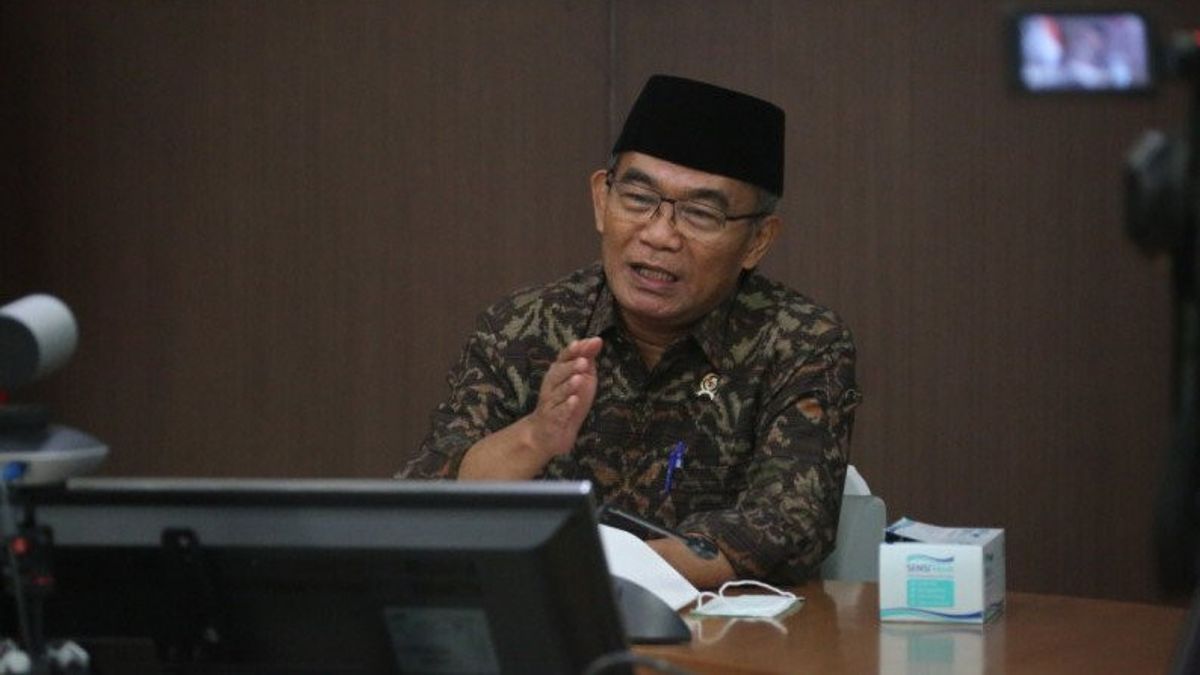JAKARTA - Coordinating Minister for Human Development and Culture Muhadjir Effendy said stunting at an infant age has a negative impact on the quality of human resources of productive age.
"This stunting condition is very worrying, it has a significant impact on the quality of human resources, especially those of the productive age," said Muhadjir Effendy in an event entitled "Indonesian Book Launch Towards 2045" quoted by Antara, Wednesday, October 6.
World Bank research shows that 54 percent of productive-age human resources in Indonesia have previously suffered from stunting.
"Fifty-four percent of our human resources are ex-stunts. In fact, if a person has been stunted in the first 1,000 days of life, with any intervention, he will not be able to grow optimally as he should," he said.
Muhadjir said to support Indonesia Emas in 2045, stunting management is very important. "We, if we build Indonesian human resources in 2045, cannot be taken from the middle without starting from the earliest, namely the first 1,000 days of life," he said.
President Joko Widodo paid great attention to the problem of stunting by setting a target of reducing stunting cases by 14 percent by 2024. Currently, stunting cases are still 27.6 percent or out of every 10 births, three babies are stunted.
Muhadjir added that the president also emphasized the problem of stunting as a family matter.
"Now there is a presidential policy that is quite radical. Stunting is not seen as a disease, but is seen from the issue of household development. The one who handles the BKKBN is because this is a family development matter," he explained.
The English, Chinese, Japanese, Arabic, and French versions are automatically generated by the AI. So there may still be inaccuracies in translating, please always see Indonesian as our main language. (system supported by DigitalSiber.id)








